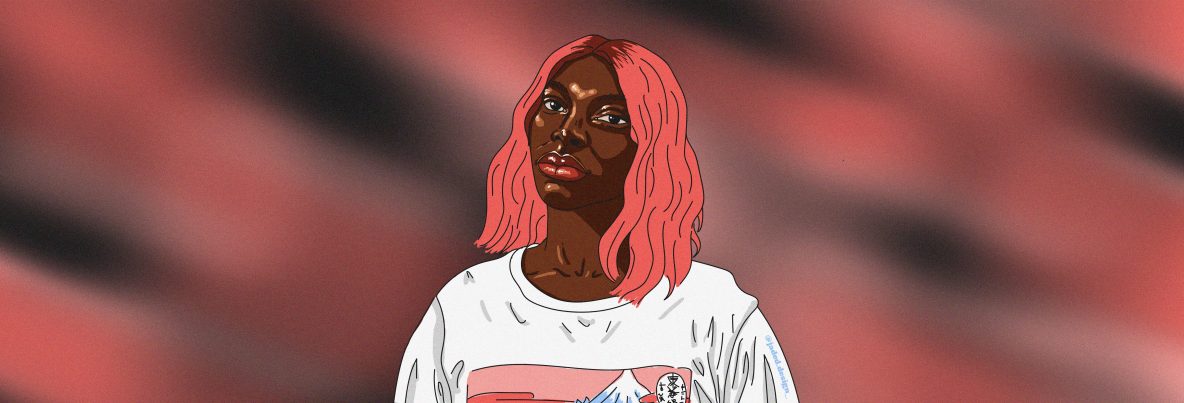'I may destroy you' will re-energise your sense of self-worth
The new TV comedy-drama explores consent, race and sexuality in a novel way, opening up much needed conversation
By Niamh Quinn / 6 July 2020
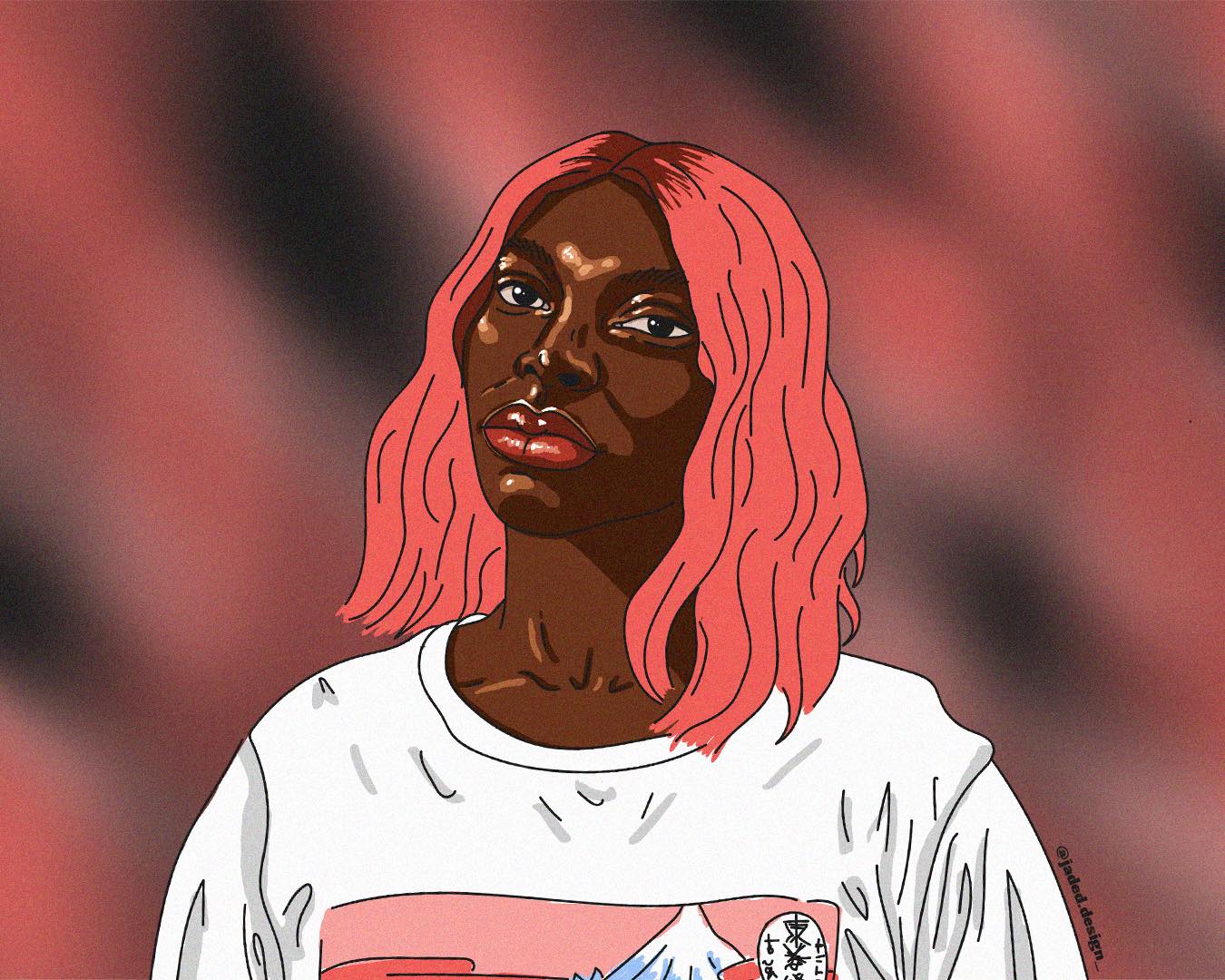
Illustration by Jade Pughe
TW: Sexual assault, r*pe
This article contains spoilers for the TV series I May Destroy You - This review covers episodes 1-8
Dear anyone in search of a new television series,
I May Destroy You. I implore you to watch this captivating, empowering 12 part series (10 available on BBC iPlayer so far) and give yourself the voice you didn’t know you didn’t have. Written, co-directed and co-executive produced by Michaela Coel; she is bold, brave and inspiring, using her powers of creativity and storytelling to re-energise a conversation about youth, race, sexuality and sexual assault.
I May Destroy You explores what it’s like to navigate through life as a young, black woman and creative in London, struggling to come to terms with the trauma of being raped while refusing to let it define her. The series also tackles various experiences of sexual assault that other characters fall victim to, from spiking and stealthing (non-consensual condom removal) to secret filming and false accusations. However, the authentic and nuanced story that Coel so beautifully has written is not purely fictional, reflecting her own experience of sexual assault in 2016, when she was raped by strangers after being spiked, the night before a deadline. Harrowing and tempting to conceal for fear of reliving the trauma or not being believed, the bravery of Coel to transform this story into a television masterpiece is something that I, and countless other people, are (and will be) deeply grateful for.
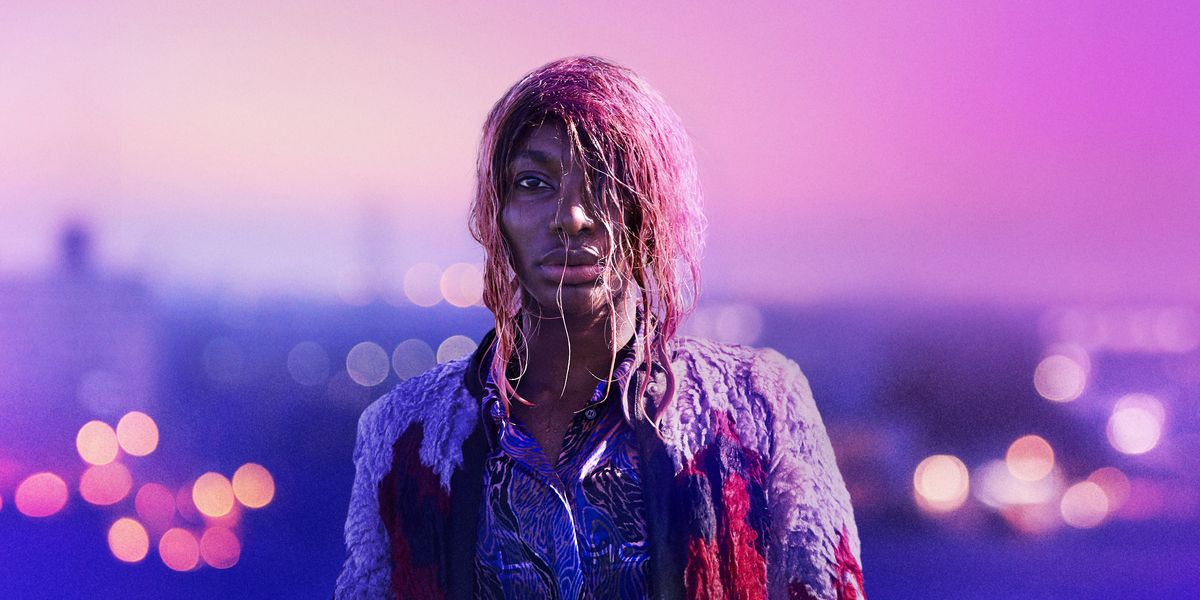
Not only the creative mastermind behind the series, but the face of it, Coel stars as Arabella, a young Londonder and writer whose vibrant, life-loving character speaks to women all over the city, country and world.
A sociable, successful Twitter-user-turned-writer whose procrastination and FOMO encourage a carefree lifestyle of drugs, sex and rock n roll, Arabella is the epitome of a strong woman and a good time. In creating this character as the protagonist, Coel challenges the narrative of the “victim” that leaves no space for the woman who doesn’t fit the vulnerable trope.
Beyond the lack of perceived vulnerability projected by her outgoing, independent, spur of the moment lifestyle, this is where the intersection between race and gender comes into play. In a scene where a white girl at school falsely accuses black schoolmate, Ryan, of raping her at knife-point, Arabella’s best friend, Terry, condenses the reality of white privilege within womanhood with a quick witted comment: "White-girl tears have high currency." When Arabella reads the first draft of her new book to her publishers circa 10 years later, she reinforces this sentiment “Prior to being raped I never took much notice of being a woman, I was too busy being black and poor”. Raw and resonating, this statement underpins a pillar of the show: highlighting the importance of recognising intersections when considering sexual assault.
“If you’re going to fight exploitation, you yourself need to know when you’re being exploited” - Samson, S1.E7, I May Destroy You
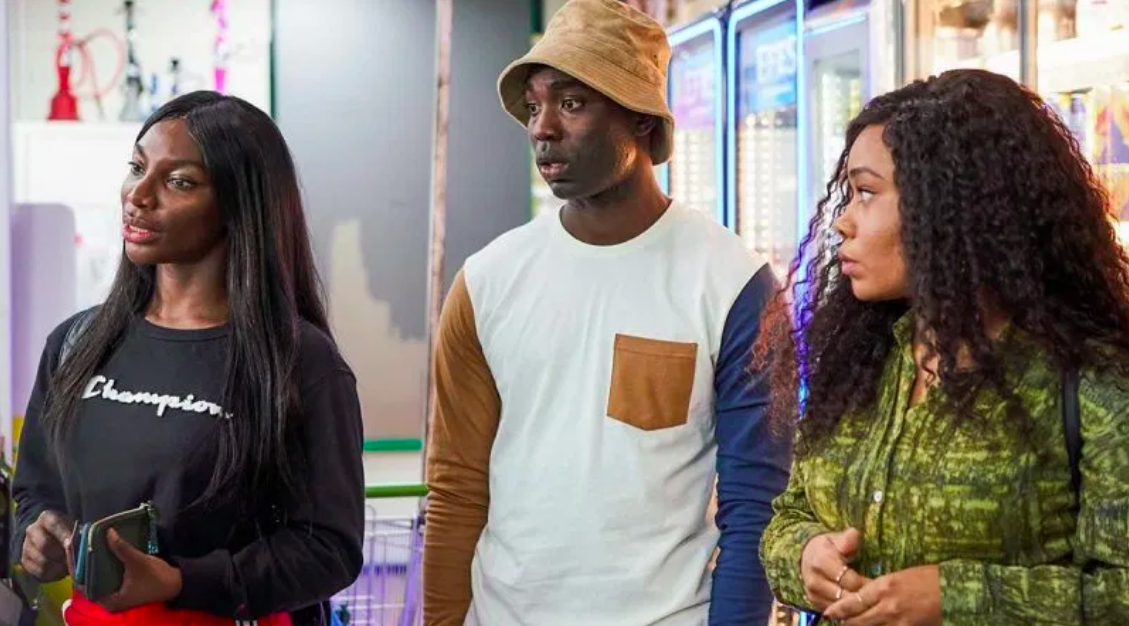
Tackling taboos left right and centre, (all accompanied by an unreal soundtrack featuring Garage classics, Rosalía, Little Simz, Tierra Whack and more), the series doesn’t hold back to save your squirms. Whether that be period sex, bloody tampons and blood clots or questioning the moral highground of the vegan industry, relating to its eurocentricity and hunger for money and power, Coel confronts issues head-on and without hesitation. In essence, friend Samson’s affirmation that “If you’re going to fight exploitation, you yourself need to know when you’re being exploited” hits the nail on the head, reminding us of the dual-purpose of the series: to entertain and to educate.
Exploring avenues of consent in a refreshing and informative way, Coel manages to articulate experiences that I could never vocalise without feeling my experiences would be belittled by my own voice and reduced further by the ears of others. When it comes to my experiences and those of close friends, our reluctance to speak out is rooted in the fear of not being believed, of being questioned or of being altogether ignored. The gravity with which events of rape, sexual exploitation, abuse and harassment can consume the thoughts, actions and feelings of a survivor is often too monumental for our limited vocabularies. I found solace in the on-screen safe space that I May Destroy You represents. You might too.
“May this show transform the way we make love and art and television and magic” - Sophie Duker, Obsessed With Podcast
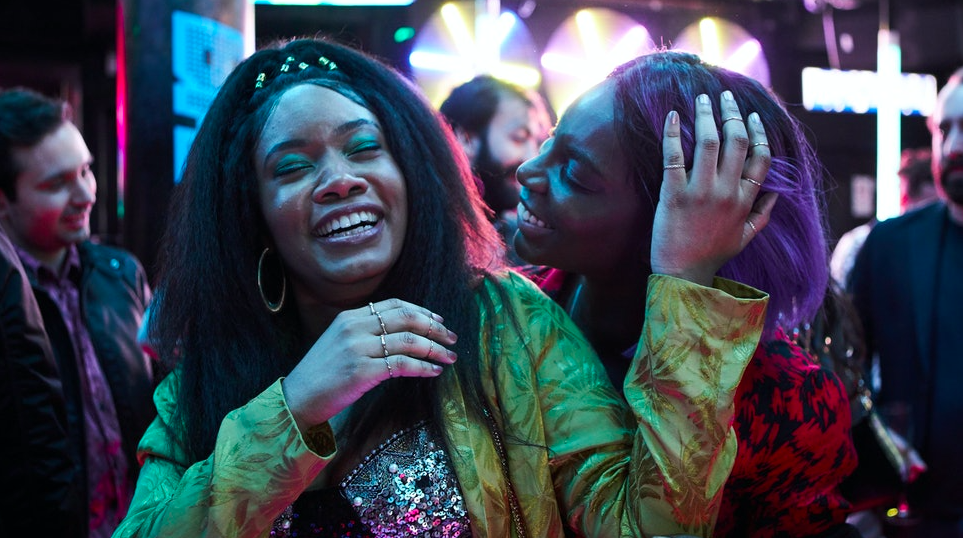
In this way, beyond the objectively informative nature of the series, it stands for sisterhood and solidarity. The message I’ve taken from the series, so far: “Fuck who you want, drink what you want, party when you want and remember that rape and sexual abuse will never be your fault.”
Episodes 9 and 10 tackle many more vital facets to this story, 11 and 12 are yet to be released and I can’t wait to see what they have in store. Thank you, Michaela Coel!
If you or someone close to you has been affected by sexual abuse, below are some support lines:
Rape Crisis
Helpline: 0808 802 9999 (12-2:30 and 7-9:30)
Rapecrisis.org.uk
The Survivors Trust
Helpline: 0808 801 0818
Thesurvivorstrust.org
For Men
Survivors UK – Male Rape and Sexual Abuse Support
Survivorsuk.org
For members of the LGBT community
Galop
Galop.org
Art by
Words by
Share this article

